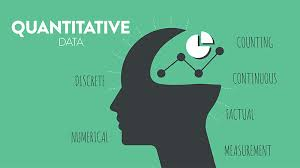Yes – a loan agreement is a legally binding contract that outlines the terms and conditions under which a lender provides funds to a borrower.
The terms of a loan agreement include details such as the loan amount, interest rate and the repayment schedule. A loan agreement also provides comprehensive details so that both parties understand their rights and obligations. In 2020, an estimated 9.43 million people had a loan.

What are Secured and Unsecured Loans?
There are two main types of loans: secured and unsecured.
With a secured loan agreement, the borrower puts up collateral, which can be valuable assets including property, to secure the loan. This provides the lender with a form of security in case the borrower defaults on repayment.
An unsecured loan, on the other hand, does not have collateral. This means that the lender is only able to collect money from the borrower.
Types of Security for Loans
There are a number of different types of security that can be used to help to protect the lender’s interests:
Third party guarantees and indemnities are agreements where a third party, such as a parent or business partner, agrees to pay back the loan if the borrower fails to do so.
Equity charges over shares are agreements where the borrower pledges their shares in a company as collateral for the loan.
Personal guarantees are agreements where the borrower agrees to use their personal assets, such as their home or car, to guarantee the loan. More information can be obtained from specialists such as https://www.parachutelaw.co.uk/loan-agreement.

These types of security can provide lenders with greater confidence in the borrower’s ability to repay the loan. This can make it easier for the borrower to obtain a loan and get better terms.



